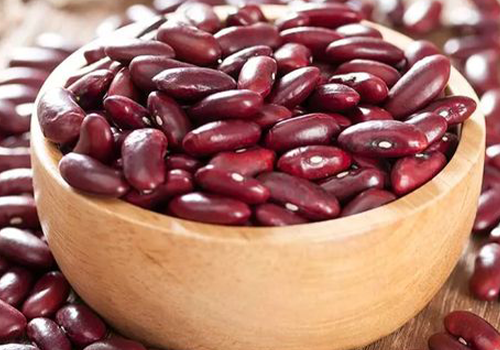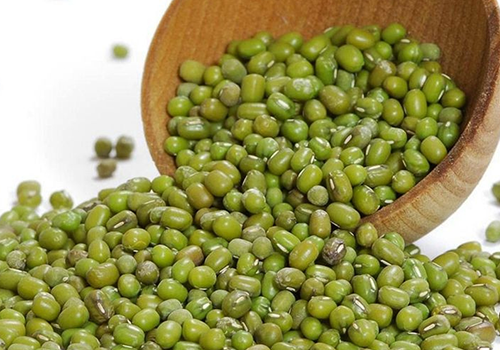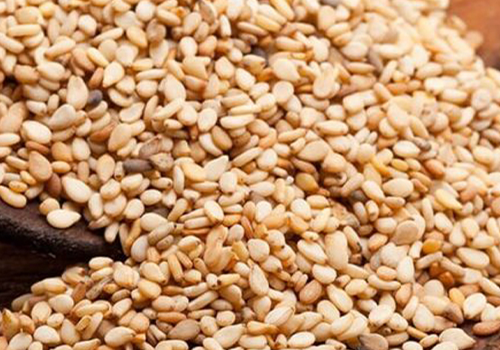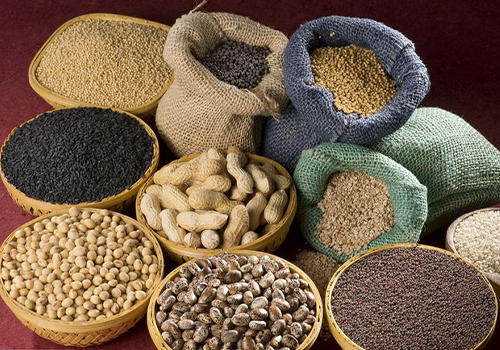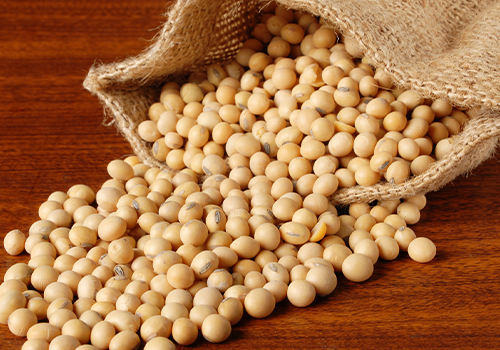
Soya Beans Detail
Ethiopian Sesame Seeds, derived from the plant Sesamum indicum, are a highly valued agricultural product in Ethiopia and a key ingredient in the country's culinary and cultural traditions. Ethiopia is one of the largest producers of sesame seeds in Africa, and the seeds are often referred to as "white gold" due to their economic importance and nutritional richness. Sesame seeds are small, flat, and oval-shaped, with a nutty flavor that becomes more pronounced when toasted. They are used in a variety of Ethiopian dishes, such as awaze (a spicy dipping sauce), sils (a sesame-based condiment), and ye mit’in shiro (a spiced chickpea or bean powder mixed with sesame). Beyond their culinary uses, sesame seeds are also pressed to produce sesame oil, which is widely used in cooking and traditional medicine.
In terms of mineral content, Ethiopian soybeans are an excellent source of essential minerals such as iron, magnesium, potassium, phosphorus, and calcium. On average, cooked soybeans contain approximately 4-5% iron, which is crucial for the production of hemoglobin and the prevention of anemia. They also provide about 10-12% magnesium, a mineral that supports muscle and nerve function, bone health, and energy production. Potassium, essential for maintaining healthy blood pressure and heart function, is present at around 8-10%. Phosphorus, which plays a key role in bone health and energy metabolism, is found at approximately 7-8%. Additionally, soybeans are a good source of calcium, with about 2-3%, which is important for maintaining strong bones and teeth. Soybeans also contain trace amounts of zinc and selenium, which support immune function and antioxidant activity. While soybeans contain antinutrients like phytates that can reduce mineral absorption, proper soaking, fermenting, or cooking can enhance their bioavailability.
Beyond their mineral content, Ethiopian soybeans are renowned for their high protein content, healthy fats, and other essential nutrients. Soybeans are one of the few plant-based foods that provide a complete protein, containing all nine essential amino acids. They contain approximately 36-40% protein, making them an ideal food for vegetarians, vegans, and those looking to increase their protein intake. Soybeans are also rich in healthy fats, particularly polyunsaturated fats like omega-3 and omega-6 fatty acids, which support heart health and reduce inflammation. The dietary fiber content (around 9-10%) aids in digestion, promotes gut health, and helps regulate blood sugar levels. Additionally, soybeans are packed with antioxidants, such as isoflavones, which have been linked to reduced risk of chronic diseases like heart disease, osteoporosis, and certain cancers. In Ethiopian cuisine, soybeans are often used in stews, soups, and as a meat substitute in various dishes. They are also processed into traditional foods like tempeh and natto, which are gaining popularity for their probiotic benefits. Overall, Ethiopian soybeans are a nutrient-dense, versatile food that plays a significant role in promoting health and nutrition in Ethiopia and beyond.
